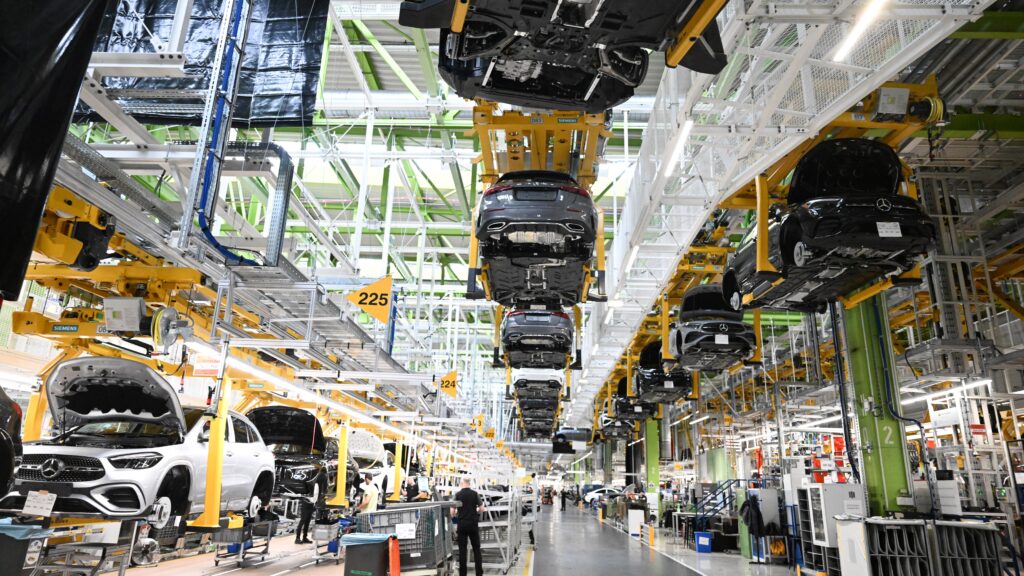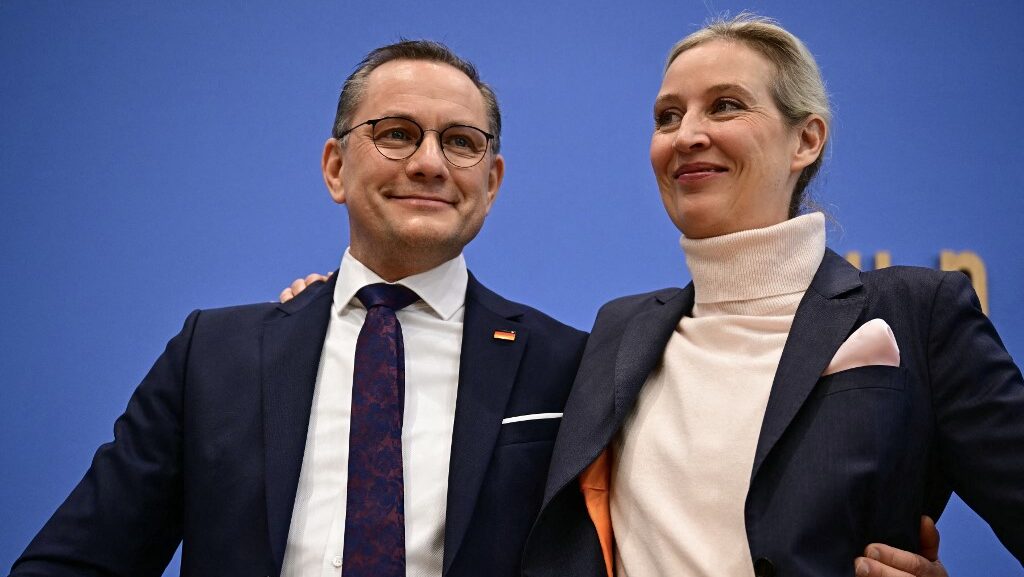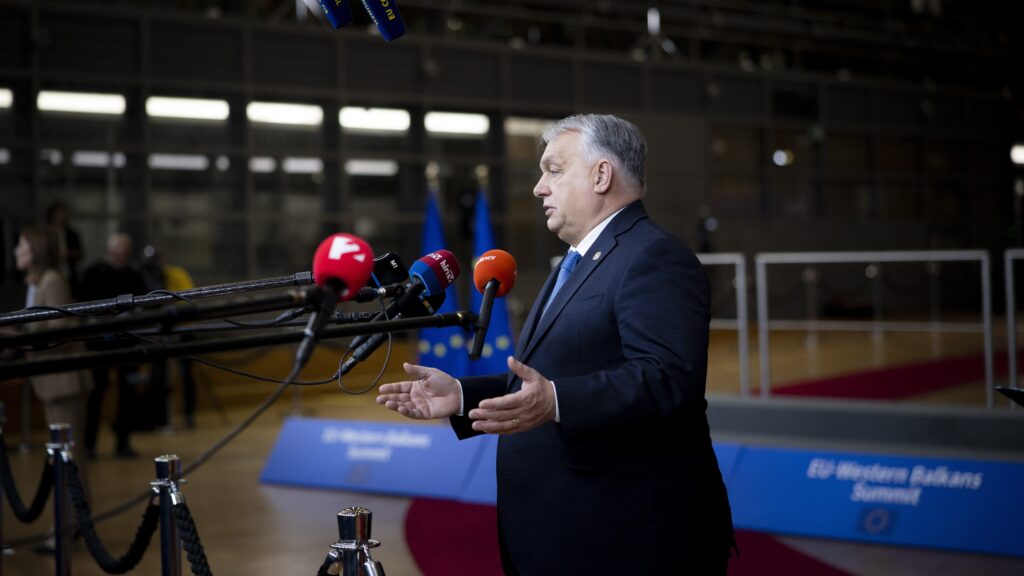‘Novels that paint fantastic pictures of the future of humanity are now largely disappointing to the reader. Perhaps a large part of this is due to the fact that the world events of our time present surprises each day which surpass even the most daring writer’s imagination’, wrote an author of the Socialist daily Népszava, in an article of the same title as my article, on 25 March 1939. Perhaps the author himself did not know that he was writing during the last spring of the peaceful period between the two world wars.
As of today, Europe has been at war for two years and two months, with the Israel-Hamas war also raging and the direct conflict between Israel and Iran escalating.
Analysts are merely guessing which other conflicts will erupt in the near future: those in the Western Balkans, the Far East or some other region?
On top of all this, a number of issues add to our grim outlook on the future. Today we can see not only a crisis, but a convergence of crises, a dangerous ‘perfect storm’ generated by 1. mass migration, 2. the terrorism that goes hand in hand with it, 3. the growing woke and gender madness, and 4. the mindless warmongering in the Western press, public life and, unfortunately, politics. Perhaps crises of other nature will also unfold in the future. How would our world react, for instance, to another crisis like the COVID-19 pandemic back in 2019? And who knows how long we will have to wait for AI to carry out its first catastrophic act, after which humanity will finally realize: perhaps we should not leave the fate of all of us in the hands of profit-hungry private companies?
Our global economy has so far seemed to be taking the hurdles well, but since the economic disruption caused by the container ship ‘Ever Given’ getting stuck across the Suez Canal in 2021, we know that even a small change can cause serious disturbance to world trade.
In short, our world, our continent and Hungary could be facing ever more serious ordeals in the near future.
Lately, I have been thinking a lot as a historian about the world my children will grow up in. I was lucky enough to go to a normal school, where the teachers didn’t try to brainwash me and didn’t see my parents as enemies from whom I had to be sheltered. They did not diagnose every small glitch in my life as a ‘mental health issue’ and did not suggest at the first sign of discomfort that perhaps I was suffering from gender dysphoria. I went to a normal Hungarian university, and I was even able to spend my Erasmus scholarship and my university studies in Amsterdam in a ‘relatively’ normal Europe (at least: there were no woke and pro-Hamas protests around me). I saw worrying signs, but I was still able to enjoy, to some extent, a European life that my children will almost certainly no longer experience.
Is this the whining of a bourgeois father? Perhaps, but listen to Songkick co-founder Ian Hogarth, who wrote this in the Financial Times around this time last year: ‘When I got home, I thought about my four-year-old who would wake up in a few hours. As I considered the world he might grow up in, I gradually shifted from shock to anger.’ If I feel the same way about the rapid development of AI—or mass migration and warmongering, topics that Hogarth did not discuss—as a billionaire AI expert, perhaps I’m not so wrong.
Although the seemingly insurmountable challenge of these rapid changes may make us justifiably depressed, we need to think about the future of our children. Although they didn’t choose these changes, it is their lives that will be shaped by the processes that are starting now.
It is up to us to make our voices heard—and the EP and Hungarian municipal elections will be a good opportunity to do so.
It is our job to protect the future of our children.
‘I don’t know if one can conclude from all this that Europe is indeed finished, because the blind are the leaders and the ones who can see are merely stumbling after them…No! Europe, even in these difficult and fearful times, is led by men of clear sight, reason, thought and common sense. And the hour of darkness will end. Europe is led by men who see further than the darkness in front of them. This I believe…And I hope that I am right’, wrote the great Hungarian author Sándor Márai in liberal Pesti Hírlap on 6 September 1939. What can be added to this?
Perhaps the ‘I don’t know if one can’ part could be replaced by an ‘I don’t want to’.
Read more articles on the future of Europe:







